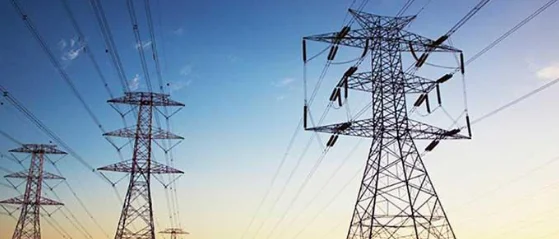A state-owned electricity utility company in British Columbia will put a stop to electrical connections to Bitcoin miners for a period of 18 months citing prioritizing clean energy and job creation as the main reasons.

The British Columbian government announced the suspension in a statement on December 21. The statement said that the break will enable the government and BC Hydro to create a long-term framework that can better balance the needs of crypto miners with those of the area’s residents and businesses.
The action, according to Josie Osborne, Minister of Energy, Mines, and Low Carbon Innovation, was taken to protect the clean energy it offers to its citizens and companies that are more ecologically friendly and generate employment.
“Cryptocurrency mining consumes massive amounts of electricity to run and cool banks of high-powered computers 24/7/365, while creating very few jobs in the local economy.”
Currently, BC Hydro serves seven cryptocurrency mining facilities. Six more, totalling 273 megawatts, are connected to the system at advanced stages and are not anticipated to be affected.
It added that there are 21 cryptocurrency mining projects that are currently requesting a total of 1,403 megawatts of electricity. However, new cryptocurrency mining projects will not be able to begin the process of connection with BC Hydro, and projects at the early stages of the connection process will also be halted.
According to the Ministry, this equates to the energy required to power almost 570,000 residences or 2.1 million electric cars across the province each year.
In its Crypto dilemma study, published in December 2022, the British Columbia hydro and power authority expressed concern that a “unprecedented number” of requests for cryptocurrency mining operations may put a strain on the energy supply and raise electricity costs for B.C. citizens. It said:
“BC Hydro’s available energy could be challenged by cryptocurrency mining operations, which could mean less energy for greener pursuits such as electrification or hydrogen production, and higher electricity rates for British Columbians.”
Early in 2022, according to Statista, Bitcoin’s yearly energy usage reportedly hit a new high, expected to be larger than Finland’s entire annual electricity use at “204.5 TWh.”
As the first US state to do so, New York has issued a ban on proof-of-work (PoW) mining, outlawing any new mining operations that aren’t powered entirely by renewable energy.
